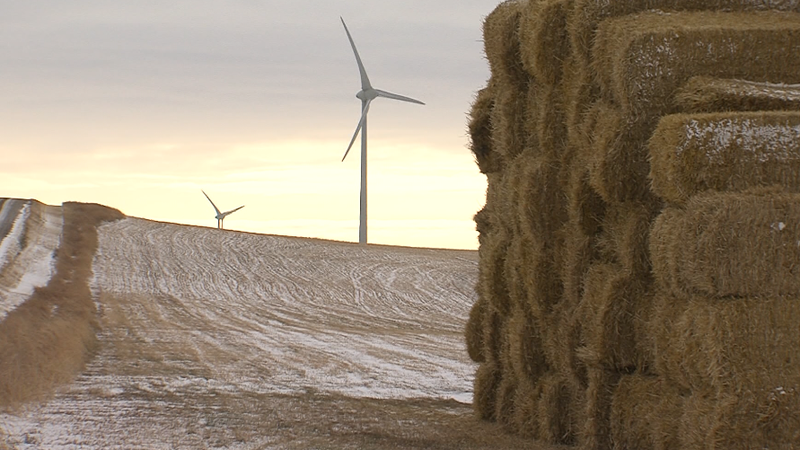
Still time for winter moisture before farmers and ranchers get worried
CYPRESS COUNTY, AB – A lack of snow makes for better conditions for those on the road, but those who also have to worry about the conditions of the field aren’t exactly fans of the dry winter so far in the area.
Weather analyst Bruce Burnett told Farm News Now recently that significant production last year used up most of the soil moisture in southern Alberta and soil reserves are currently drier than normal.
